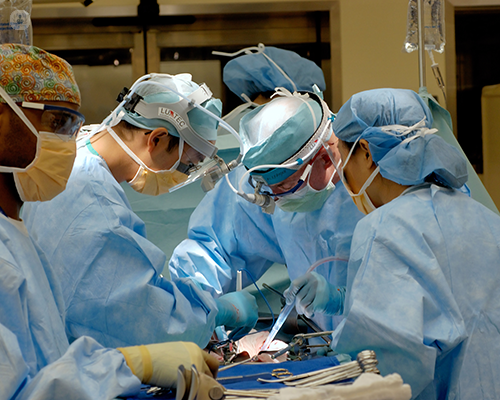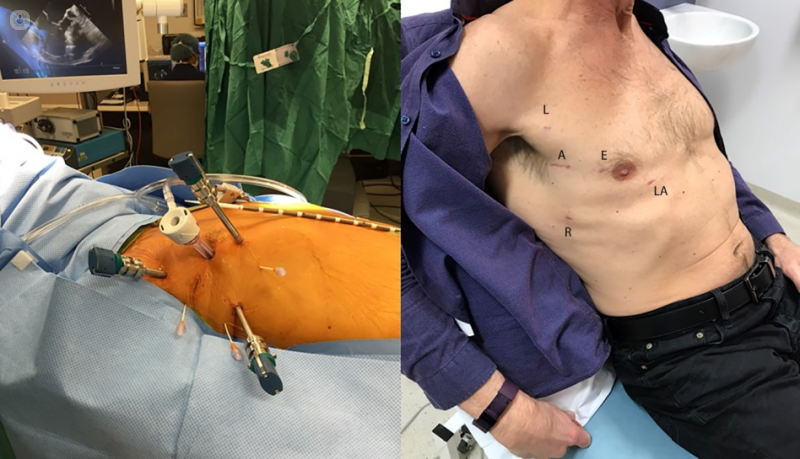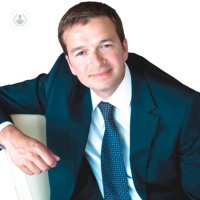The future of robots in heart surgery
Written by:Surgery is becoming more advanced every year with robotic surgery providing very promising improvements to patients’ procedures. Regarding heart surgery, clear benefits are already identified and surgeons, such as consultant cardiothoracic surgeon Mr Paul Modi, are leading the way in providing this innovative robotic heart surgery to patients. Read on for his explanation on the future of robots in heart surgery and the benefits they provide.

Is robotic heart surgery invasive?
As of 2020, totally endoscopic robotic heart surgery using the Da Vinci robot, created by Intuitive Surgical, is the very least invasive form of cardiac surgical treatment. It can be used to repair the mitral valve (the valve that pumps blood to the left side of the heart) or to treat single-vessel coronary disease in the LAD (left anterior descending) with the LIMA (left internal mammary) arteries. With this machine, surgeons can perform heart surgery through tiny incisions of 8mm diameter (image below).

How does robotic surgery benefit patients?
The benefits of robotic surgery over conventional surgery through the sternum (sternotomy) are significant:
- Less pain
- Fewer infections
- Hospital stays are often only 2-3 days
- Patients can return to normal activities much faster
What’s more, these benefits accrue without sacrificing the quality and durability of conventional surgery. However, this is expensive technology and can only really be justified in centres with a high volume of patients and for surgeons with a high volume of cases.
How fast is robotic surgery advancing?
The US has seen the greatest uptake of robotic cardiac surgery. This is likely due to the competitive nature of their healthcare system: almost all the major centres (e.g.Cleveland Clinic, Mayo Clinic, Emory etc.) have flourishing robotic programmes. Robotic cardiac surgery in Europe is making a resurgence with a steep increase in the annual number of cases as new centres take up this pioneering technology.
What does the future hold?
The coming years are also likely to see an increase in the number of non-robotic minimally invasive transcatheter mitral procedures. These often reduce mitral regurgitation (the leakage of blood backward through the mitral valve), rather than stopping it completely, and data suggests durability is inferior to robotic heart surgery. The attraction of all transcatheter techniques is a lack of invasion and speed of recovery. Nevertheless, for something that takes only a little longer to recover from, but has proven quality and durability, robotic mitral reconstruction will be hard to beat.
Get in touch with Mr Modi, a world-renowned heart surgeon, by clicking here.


